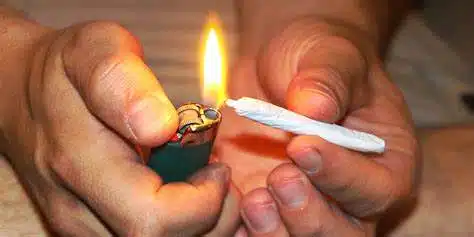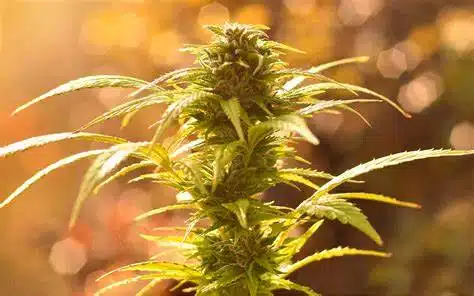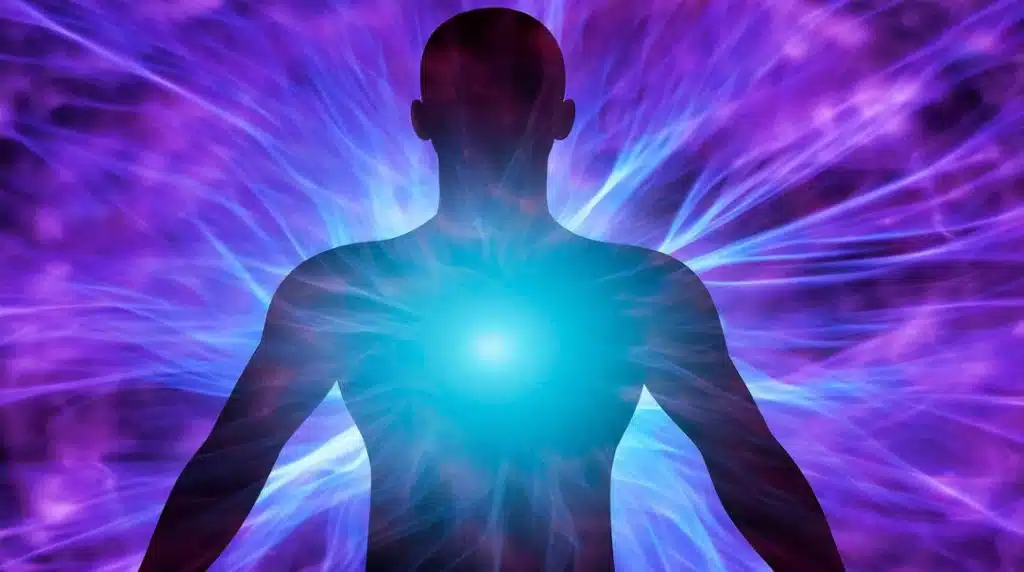Can You Be Addicted To Weed?
Welcome to another informative blog post about cannabis! In this article, we will explore the question that many people have asked: Can you be addicted to weed? We’ll delve into various aspects of cannabis addiction, debunk myths, and provide you with a well-rounded understanding of this topic. So, grab your favorite strain, sit back, and let’s dive in!
Understanding Cannabis Addiction
Cannabis addiction is a complex and often misunderstood topic. While some argue that marijuana is not physically addictive like other substances, it is important to acknowledge that psychological dependence can still occur. Let’s explore this further.
1. The Difference Between Physical and Psychological Addiction
When we talk about addiction, it’s crucial to distinguish between physical and psychological dependence. Physical addiction refers to the body’s physical reliance on a substance, often accompanied by withdrawal symptoms when the substance is discontinued. On the other hand, psychological addiction is the intense craving and emotional attachment to a substance, even without physical withdrawal symptoms.
2. The Potential for Psychological Dependence
While cannabis may not cause severe physical withdrawal symptoms like opioids or alcohol, some individuals can develop a psychological dependence on marijuana. This dependence can manifest as a strong desire to use cannabis regularly, difficulty controlling or stopping its use, and experiencing cravings or mood changes when not using it.
3. Factors Influencing Cannabis Addiction
Several factors can contribute to the development of cannabis addiction. These include:
- Frequency and duration of use: Regular, long-term use of cannabis increases the likelihood of developing a psychological dependence.
- Genetic predisposition: Some individuals may have a genetic predisposition to addiction, making them more susceptible to developing a dependence on cannabis.
- Underlying mental health conditions: People with pre-existing mental health conditions, such as anxiety or depression, may be more prone to developing a psychological dependence on cannabis as a form of self-medication.
- Environmental and social factors: Peer influence, social acceptance of cannabis use, and easy accessibility can also contribute to the development of addiction.
4. Recognizing the Signs of Cannabis Addiction
It’s essential to be aware of the signs that may indicate a cannabis addiction. These signs can include:
- Loss of interest in activities: Spending an excessive amount of time using cannabis, leading to a decline in participation in previously enjoyed activities.
- Neglecting responsibilities: Prioritizing cannabis use over work, school, or personal obligations.
- Failed attempts to quit or cut back: Repeatedly trying to quit or reduce cannabis use without success.
- Cravings and withdrawal-like symptoms: Experiencing intense cravings for cannabis and experiencing irritability, restlessness, or anxiety when attempting to stop using it.
- Tolerance and increased consumption: Needing larger amounts of cannabis to achieve the desired effects.
Debunking Myths About Cannabis Addiction
Now that we have a better understanding of cannabis addiction, let’s debunk some common myths surrounding this topic.
1. Myth: Cannabis is not addictive at all.
Fact: While cannabis may not cause severe physical addiction like opioids, it can lead to psychological dependence in some individuals. It’s important to recognize and address this potential risk.
2. Myth: Cannabis addiction is harmless and doesn’t require treatment.
Fact: Cannabis addiction, like any other addiction, can have negative consequences on an individual’s life, relationships, and overall well-being. Seeking professional help and support is crucial for those struggling with addiction.
3. Myth: Once addicted, you can never recover from cannabis addiction.
Fact: Recovery from cannabis addiction is possible with the right support, treatment, and lifestyle changes. Many individuals have successfully overcome their addiction and gone on to lead fulfilling lives.
Seeking Help for Cannabis Addiction
If you or someone you know is struggling with cannabis addiction, it’s important to seek help and support. Here are some resources that can assist you on your journey to recovery:
-
West Coast Releaf Online Dispensary: A reputable online dispensary that offers a wide range of cannabis products, including concentrates, edibles, vapes, tinctures, buds, shatter, hash, wax, live resin, and moon rocks. Visit their website at westcoastreleaf.ca to explore their offerings and find the right products for your needs.
-
Local support groups: Look for local support groups or addiction helplines in your area that specialize in cannabis addiction. These groups can provide valuable guidance, resources, and a supportive community.
-
Professional counseling: Consider reaching out to a licensed therapist or counselor who specializes in addiction. They can help you navigate the challenges of addiction and develop effective coping strategies.
Remember, seeking help is a sign of strength, and you don’t have to face addiction alone.
General Facts of Weed
1. History of Cannabis
To truly understand cannabis, we must delve into its rich history. Cannabis has been used for thousands of years for various purposes, including medicinal, spiritual, and recreational. From its origins in ancient civilizations to its prohibition and recent legalization in many parts of the world, the history of cannabis is a fascinating tale.
2. Different Strains of Marijuana
Cannabis comes in a wide variety of strains, each with its own unique characteristics. From the uplifting and energizing Sativa strains to the relaxing and sedating Indica strains, there is a strain for every preference and desired effect. Understanding the differences between Sativa, Indica, and hybrid strains will help you choose the perfect strain for your needs.
3. Medical Benefits of Marijuana
One of the most significant aspects of cannabis is its potential medical benefits. Research has shown that cannabis can be effective in treating various conditions, such as chronic pain, epilepsy, multiple sclerosis, and even cancer-related symptoms. We’ll explore the science behind these medical benefits and the different ways cannabis can be consumed for therapeutic purposes.
4. Recreational Use of Marijuana
Beyond its medical applications, cannabis is also widely used for recreational purposes. Many people enjoy the relaxing and euphoric effects of marijuana, using it to unwind, socialize, or enhance their creative endeavors. We’ll delve into the recreational use of marijuana, exploring responsible consumption practices and the potential risks associated with excessive use.
5. Legalization of Marijuana
In recent years, there has been a global shift towards the legalization of marijuana. We’ll examine the reasons behind this movement, the impact of legalization on society, and the varying legal frameworks in different countries. Additionally, we’ll discuss the challenges and opportunities that arise with the legalization of cannabis.
Conclusion
In conclusion, while cannabis may not cause severe physical addiction, psychological dependence can occur in some individuals. It’s important to recognize the signs of cannabis addiction, debunk myths surrounding this topic, and seek help if needed. Remember, recovery is possible, and support is available. So, let’s continue to educate ourselves and promote responsible cannabis use. If you are interested in buying weed online and THC products, check out West Coast Releaf online weed dispensary and shop for your weed online and cannabis products at westcoastreleaf.co!













